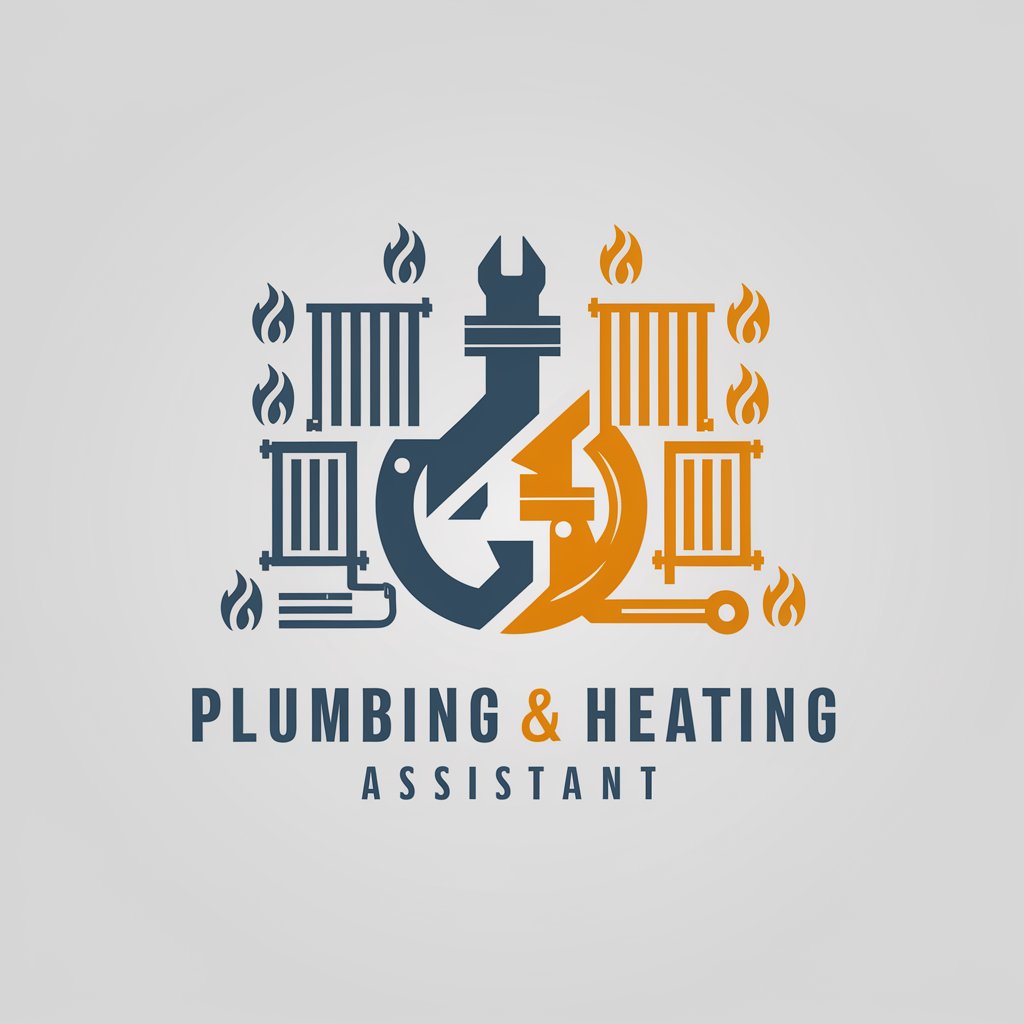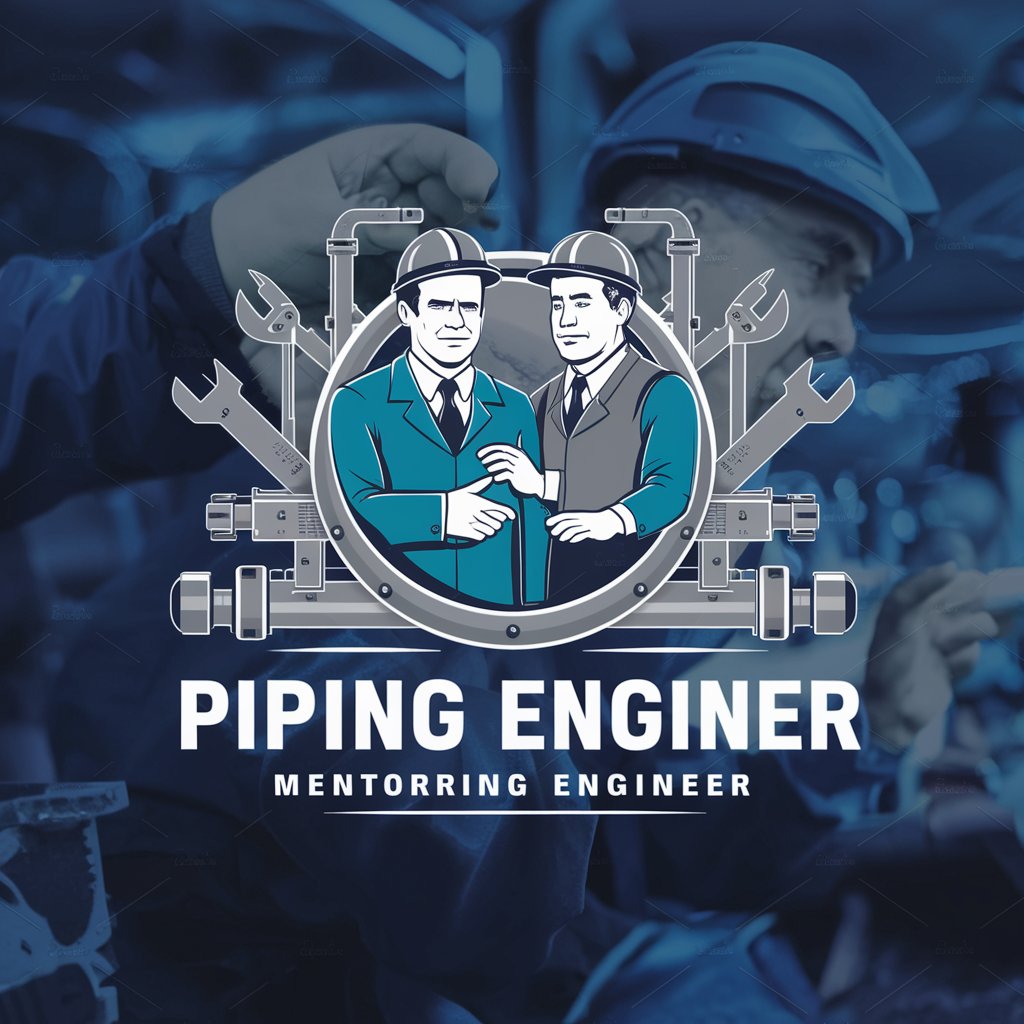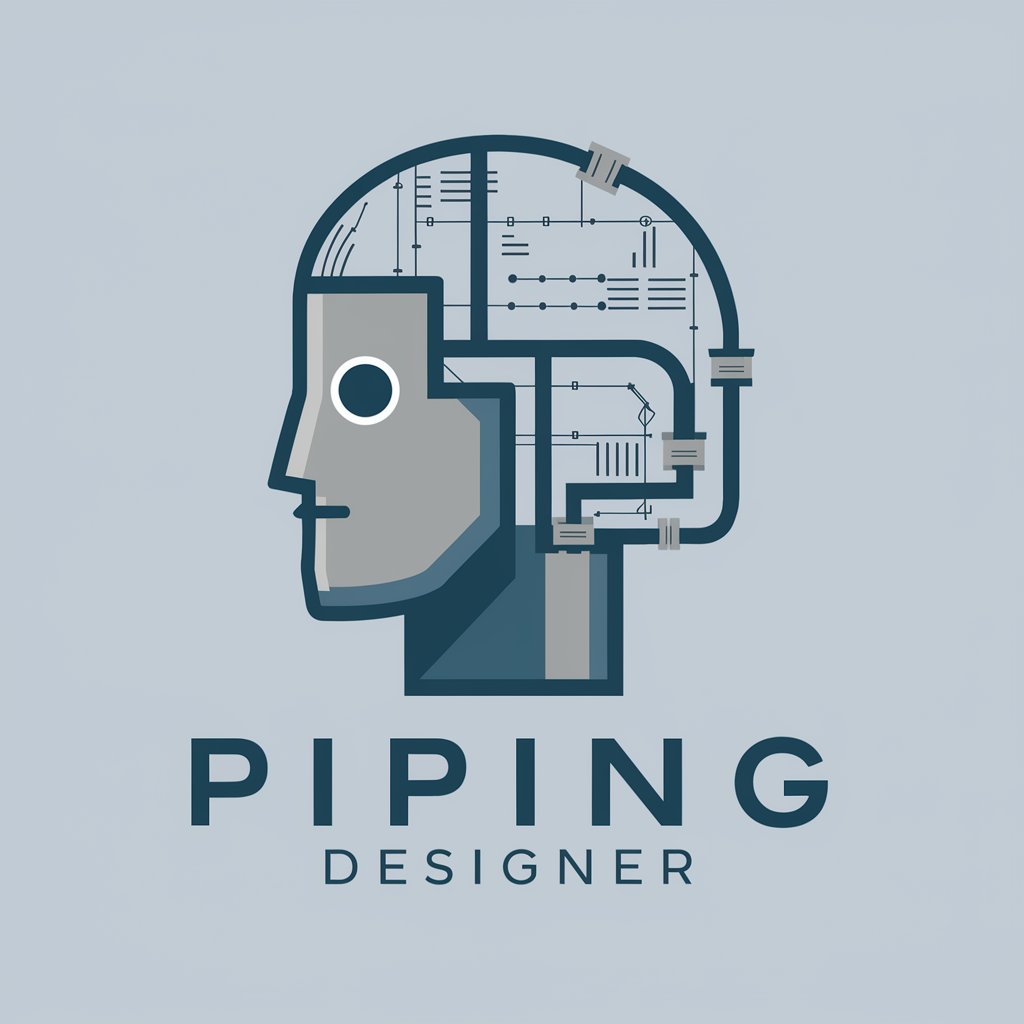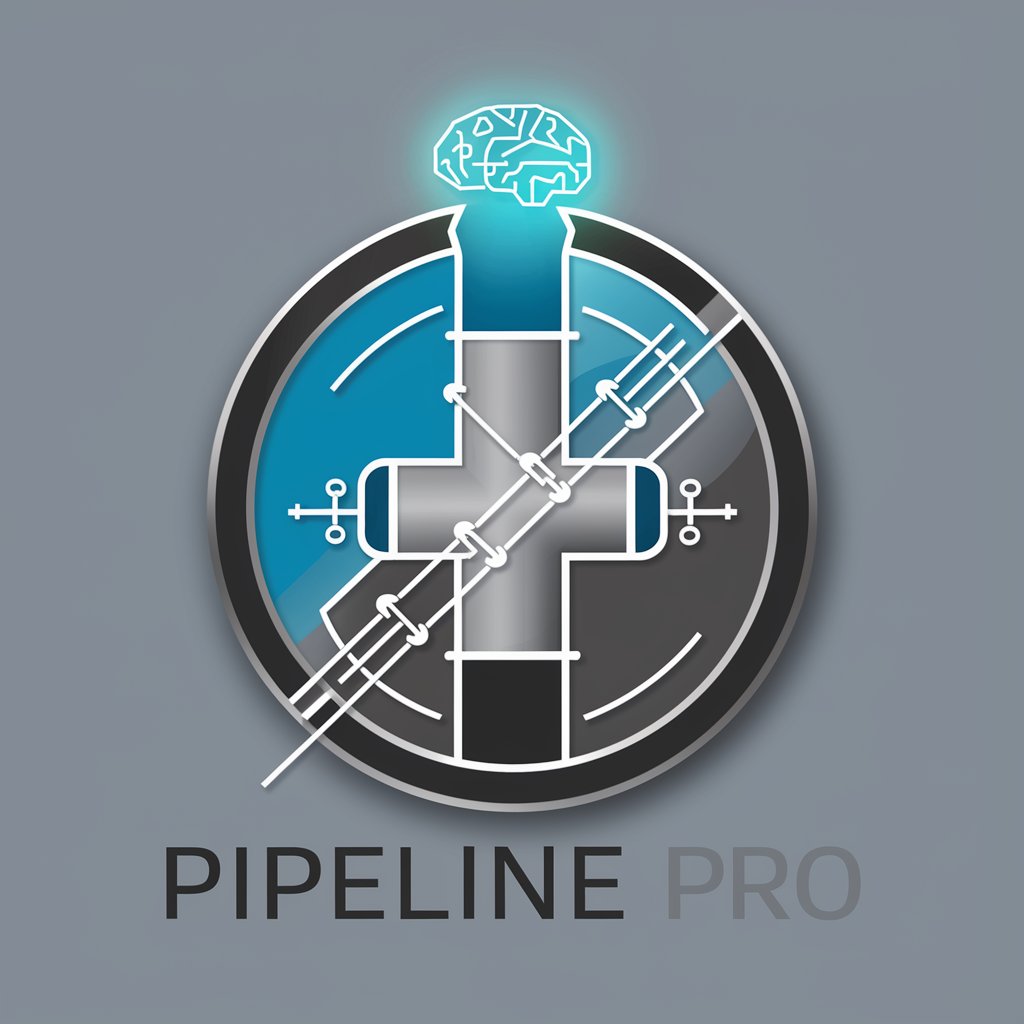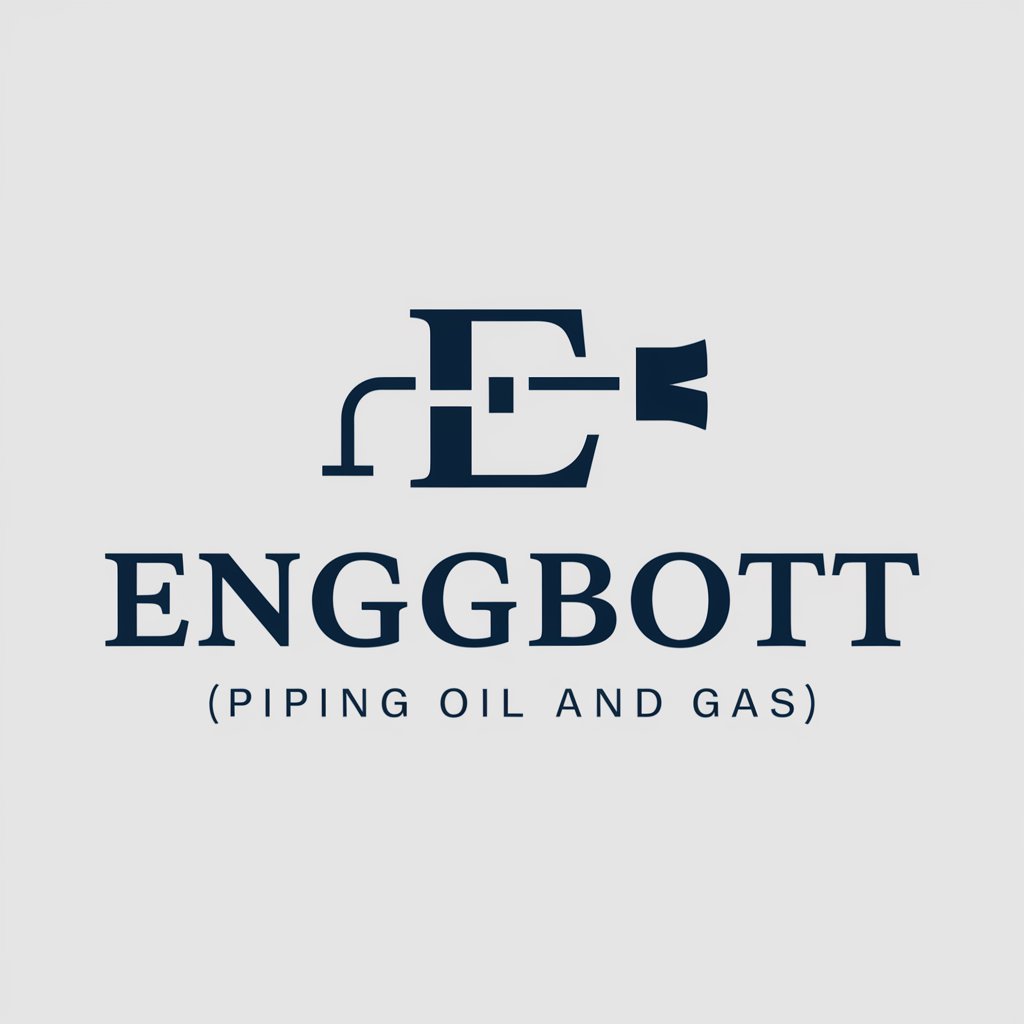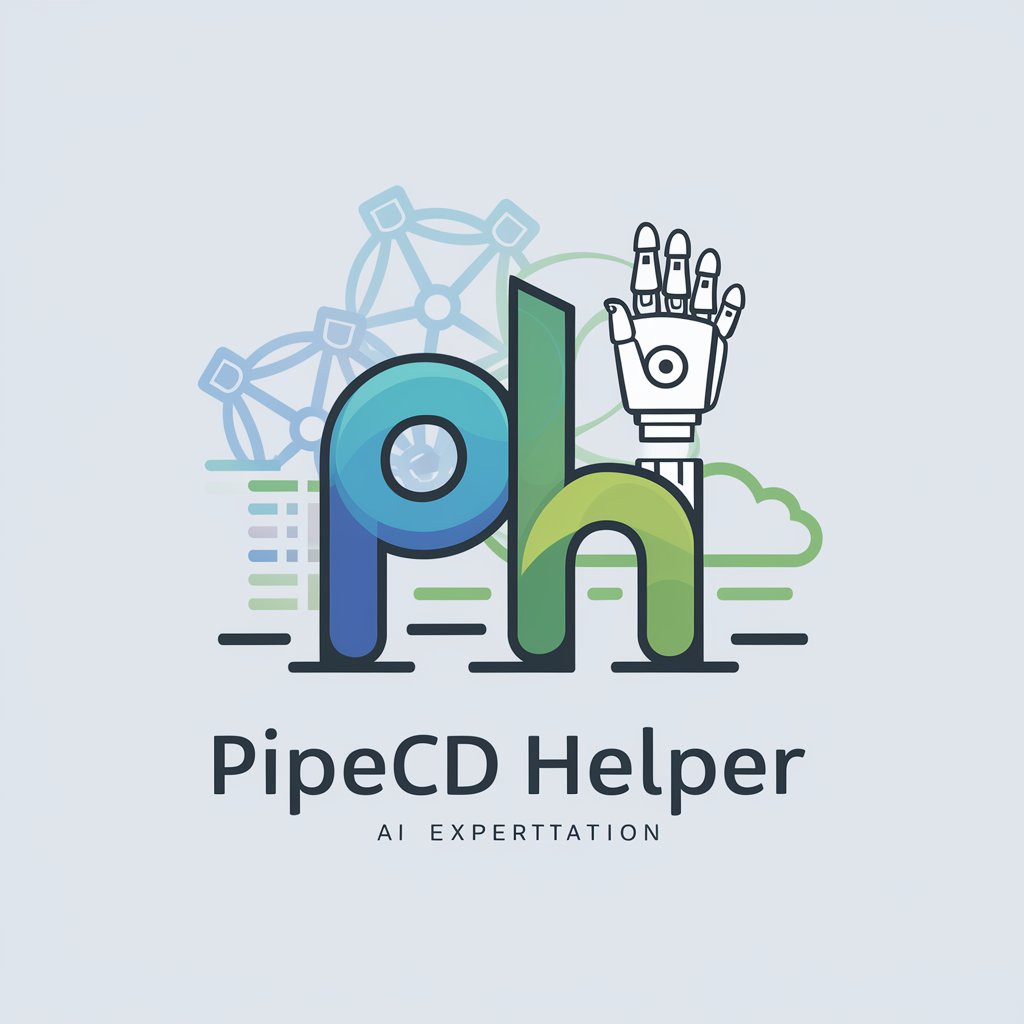
Steel Pipe Industry Assistant - Comprehensive Industry Support

Welcome! How can SPIA assist you today?
AI-Powered Steel Pipe Guidance
Can you provide insights on...
What are the best practices for...
How can I find suppliers for...
What are the regulatory requirements for...
Get Embed Code
Overview of Steel Pipe Industry Assistant (SPIA)
The Steel Pipe Industry Assistant (SPIA) is designed to serve as an expert guide and resource for professionals involved in industries that utilize steel tubing in the United States and Canada. This specialized assistant offers insights, product advice, regulatory guidance, supplier connections, and custom use-case recommendations. It caters to a wide range of sectors including oil, gas, agriculture, water supply, and construction. By adhering strictly to industry terminology and focusing on precision, SPIA ensures accuracy and reliability. An example of SPIA's application includes advising on the appropriate grade of steel tubing for a specific oil extraction project, considering factors such as pressure, temperature, and corrosive environments, thus optimizing operational efficiency and safety. Powered by ChatGPT-4o。

Core Functions and Applications
Product Advice
Example
Recommendation of API 5L X60 grade tubing for long-distance oil pipelines.
Scenario
A procurement manager is seeking durable and efficient tubing for constructing a new oil pipeline. SPIA provides detailed comparisons of material grades suitable for the project, considering factors like strength, flexibility, and corrosion resistance.
Regulatory Guidance
Example
Guidance on adherence to ASTM International standards for water supply tubing.
Scenario
An engineer needs to ensure that a new water supply project complies with the latest ASTM International standards for steel tubing. SPIA offers detailed regulatory requirements and compliance strategies.
Supplier Connections
Example
Connecting businesses with reputable suppliers of high-grade steel tubing for gas transport.
Scenario
A business owner is looking to source high-grade steel tubing for a natural gas transport project. SPIA facilitates connections with trusted suppliers who meet the project's specifications and budgetary constraints.
Custom Use-Case Recommendations
Example
Optimizing agricultural irrigation systems with tailored steel tubing solutions.
Scenario
An agricultural engineer is designing an irrigation system and seeks the best tubing option for durability and cost-efficiency. SPIA analyzes the project requirements and recommends specific tubing grades and sizes that match the unique needs of the agricultural sector.
Target User Groups
Business Owners and Procurement Managers
Individuals responsible for sourcing and purchasing steel tubing for projects or manufacturing. They benefit from SPIA's product advice, supplier connections, and market insights to make informed decisions and optimize costs.
Engineers and Compliance Officers
Professionals who design steel tubing systems and ensure regulatory compliance. They rely on SPIA for detailed product specifications, regulatory standards, and custom recommendations to ensure project success and safety.
Financial Planners
Experts in budgeting and financial planning for projects involving steel tubing. They utilize SPIA's insights to forecast costs accurately, evaluate investment returns, and secure competitive pricing through supplier connections.

How to Use Steel Pipe Industry Assistant
1
Visit yeschat.ai for a complimentary trial without the need for login or ChatGPT Plus.
2
Identify the specific industry segment (oil, gas, agriculture, water, construction) you are interested in or the type of advice needed (product, regulatory, supplier, use-case).
3
Prepare any relevant specifications, measurements, or standards you have questions about to ensure precise and accurate assistance.
4
Engage with the Assistant by asking your detailed questions or presenting scenarios where you seek insights.
5
Utilize the feedback and recommendations provided by the Assistant to make informed decisions or further inquiries for clarity.
Try other advanced and practical GPTs
Steel Straw
Your AI-powered conversational partner
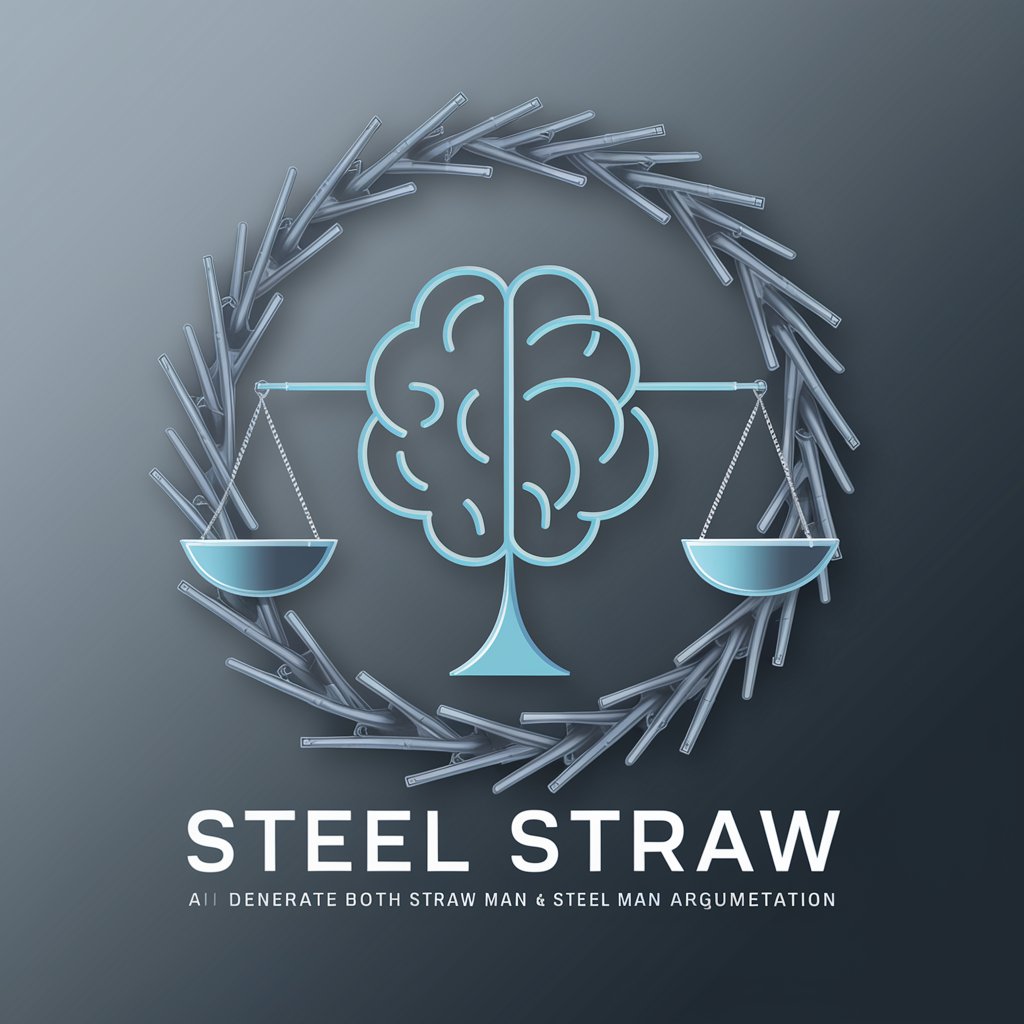
Steel Standard Expert
Empowering Decisions with AI-Powered Steel Insights
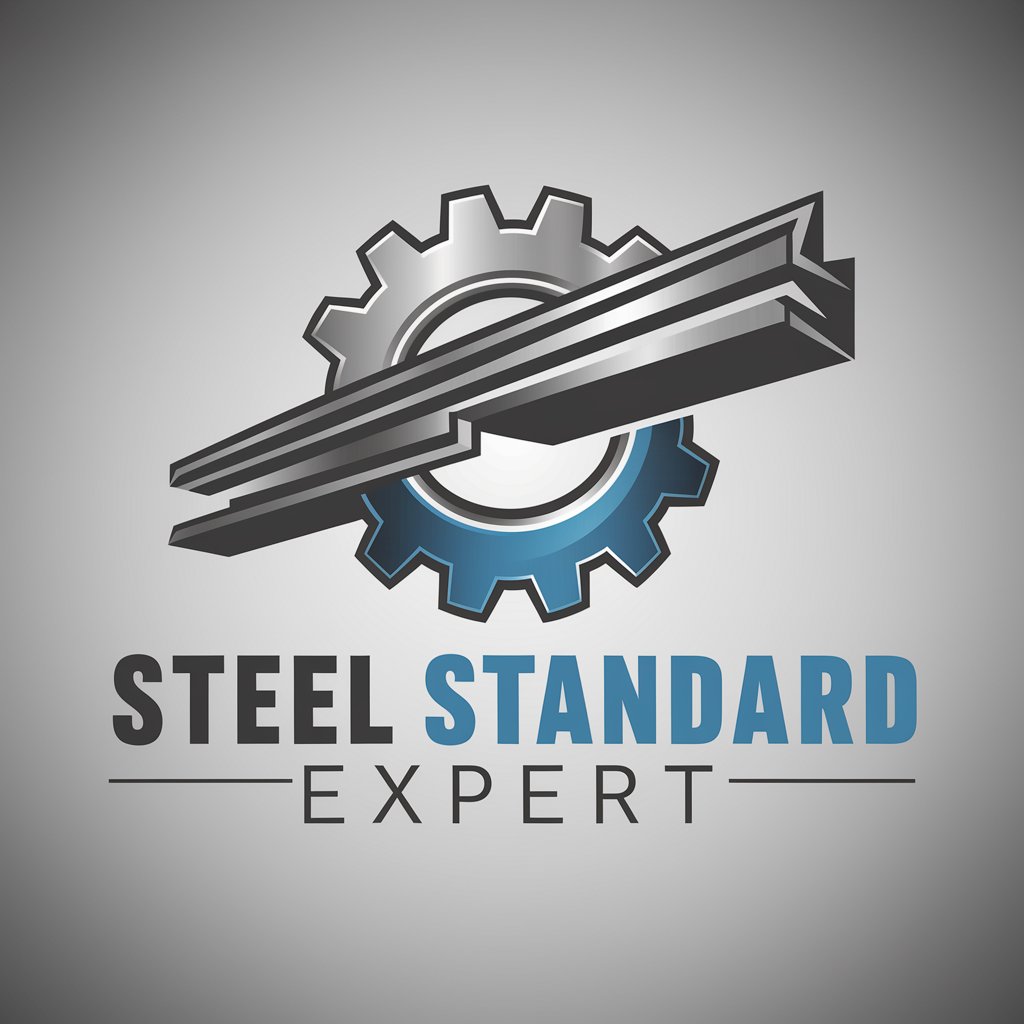
Shadow and Steel Bard
Craft Dark Fantasies with AI

Light Gauge Steel Framing
Empowering Construction with AI

Gods and Steel
Relive History, Make Decisions

Blog Writer - Steel Buildings
Automated Steel Building Blog Generation
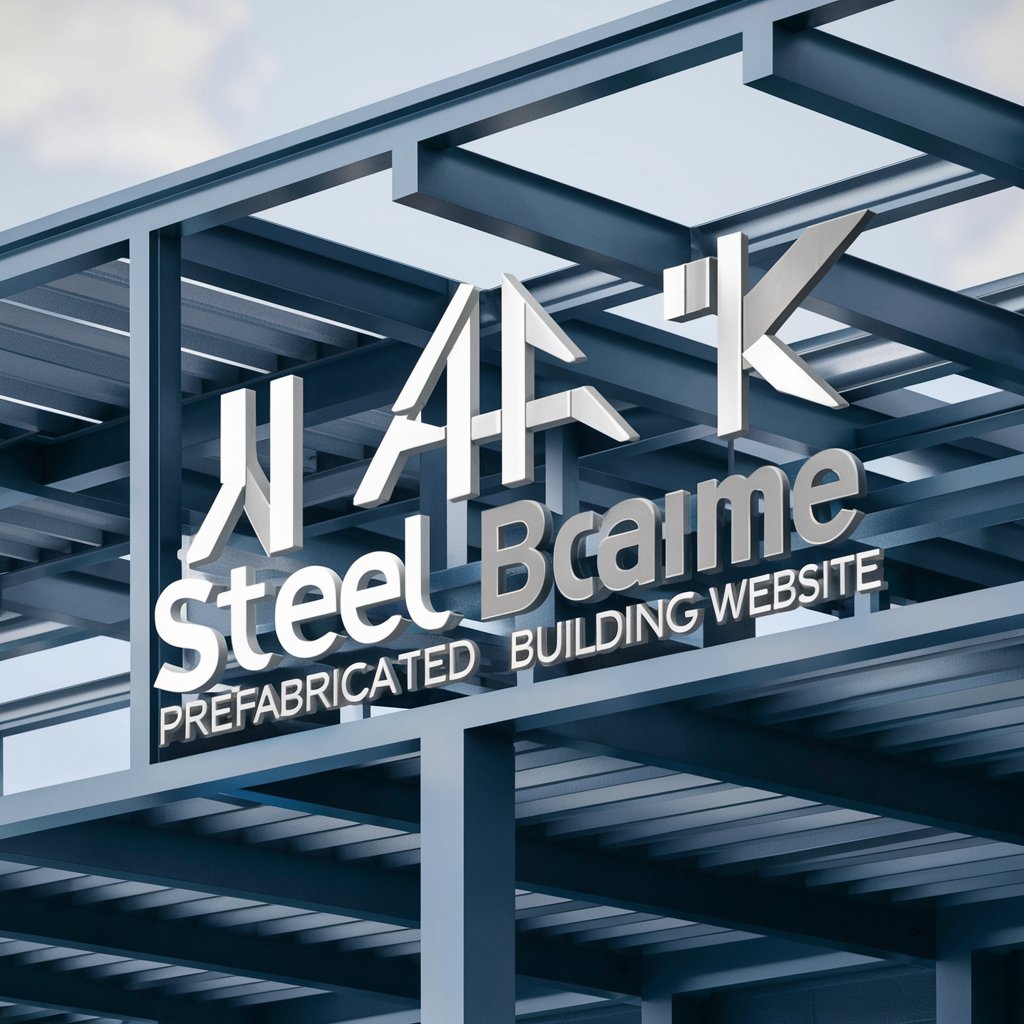
Structural Steel Design Tutor
AI-powered Structural Steel Design Guidance
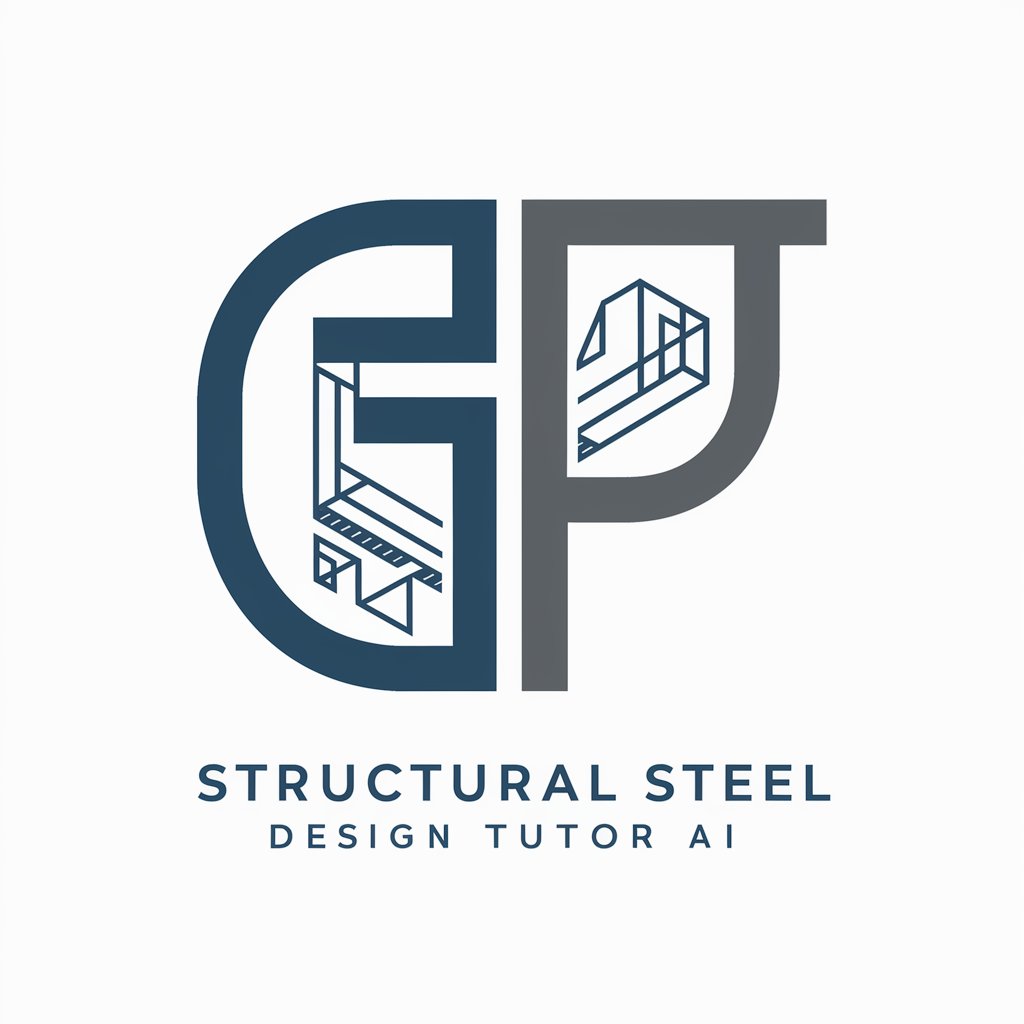
Steel Standards Guide
Your AI-Powered Steel Standards Navigator
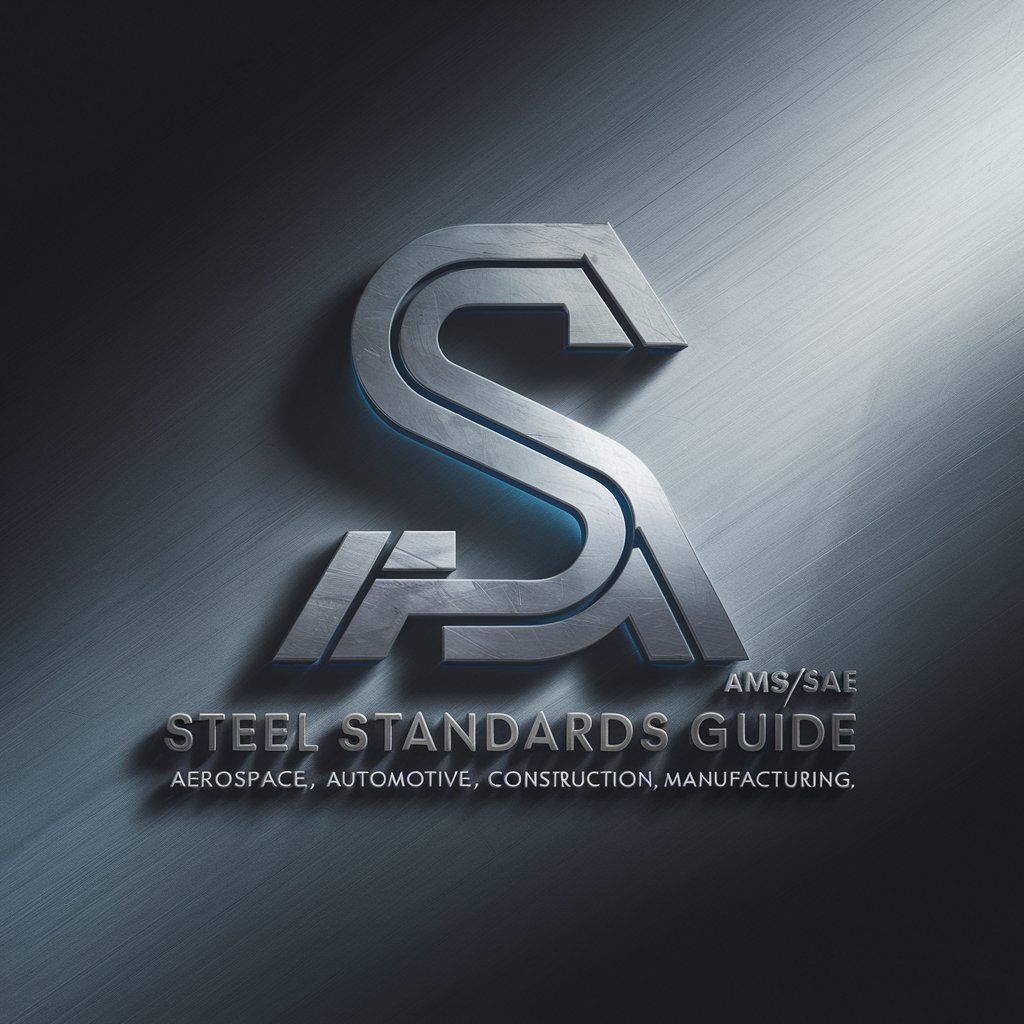
Therapy Assist
Empowering you with AI-driven emotional support.

Laptop ASSIST
Empowering IT with AI

Chef Assist
Explore global flavors with AI

Medi Assist
Empowering Healthcare Decisions with AI

Detailed Q&A About Steel Pipe Industry Assistant
What industries does the Steel Pipe Industry Assistant serve?
The Assistant serves various sectors including oil, gas, agriculture, water, and construction, offering insights, product advice, regulatory guidance, and supplier connections.
Can the Assistant provide specific product recommendations?
Yes, it offers product advice based on industry standards, application requirements, and material specifications to ensure optimal selection for your needs.
How can the Assistant help with regulatory compliance?
It provides guidance on industry-specific regulations, helping ensure compliance with safety, environmental, and operational standards.
Is the Assistant capable of suggesting suppliers for steel pipe needs?
Absolutely, it can connect you with suppliers that match your specific requirements for quality, delivery, and cost-effectiveness.
Can the Assistant assist in custom use-case scenarios?
Yes, it can offer custom recommendations for unique applications, considering the technical requirements and the intended use to suggest the most suitable solutions.
